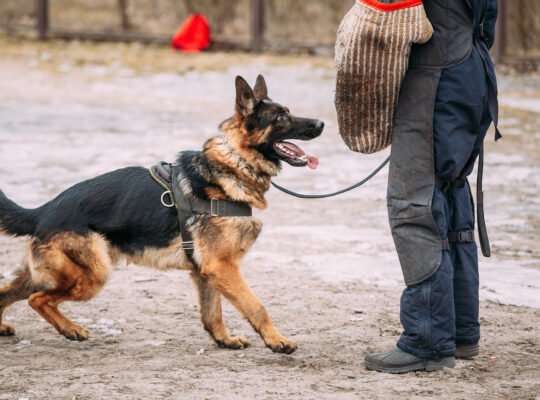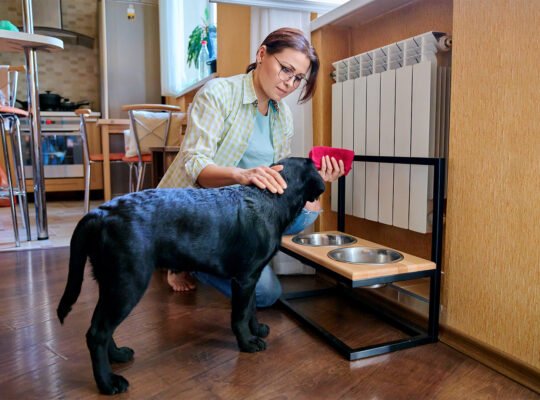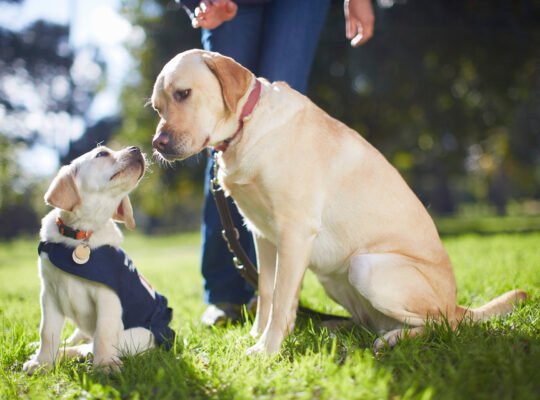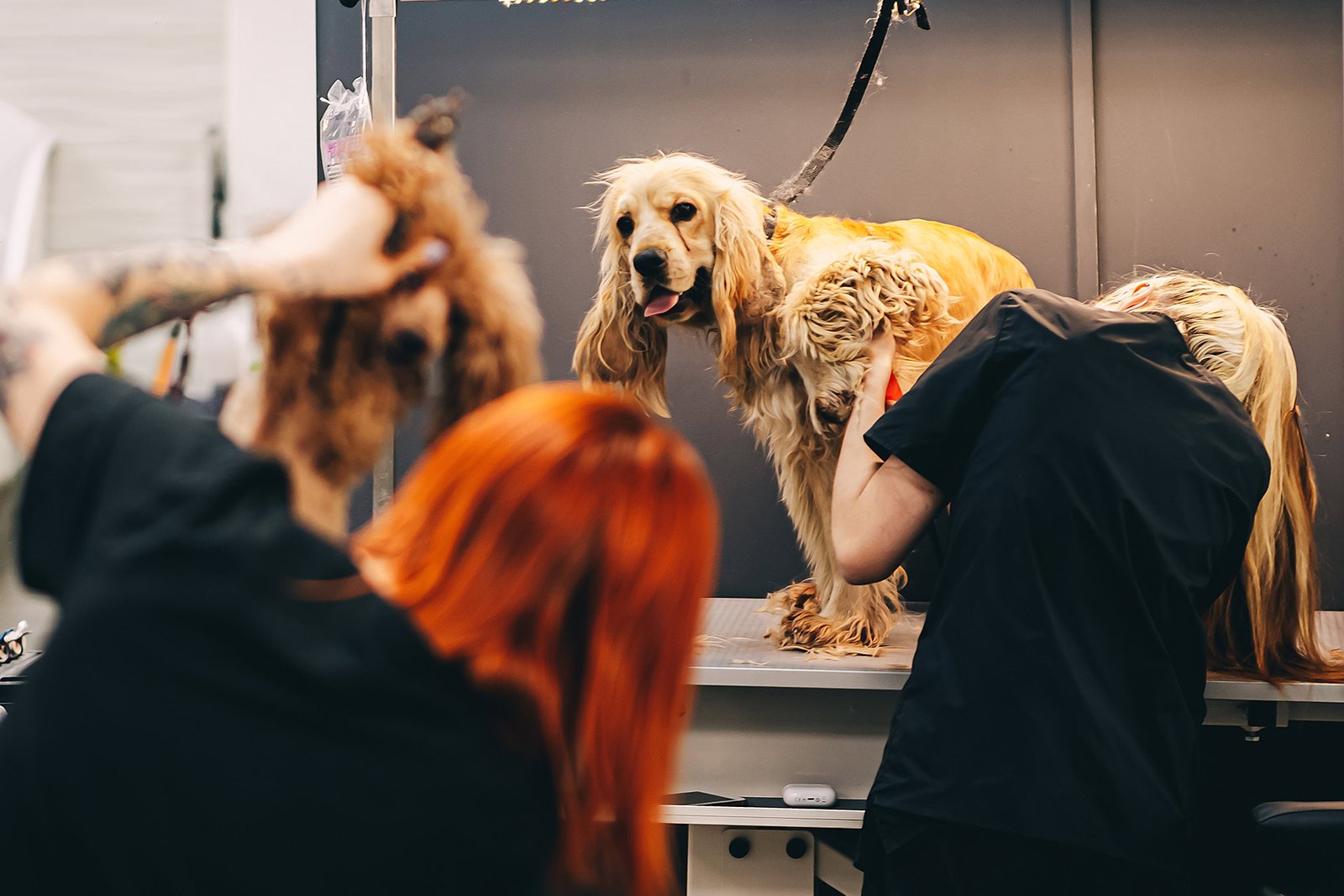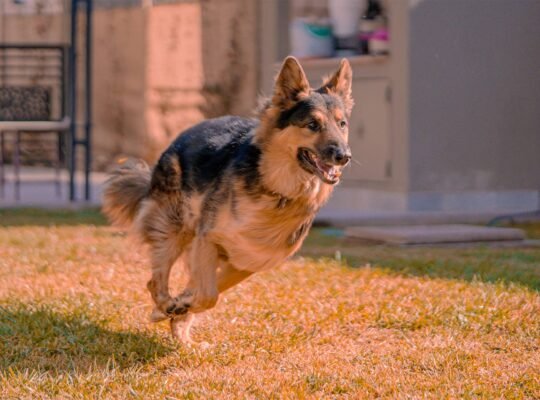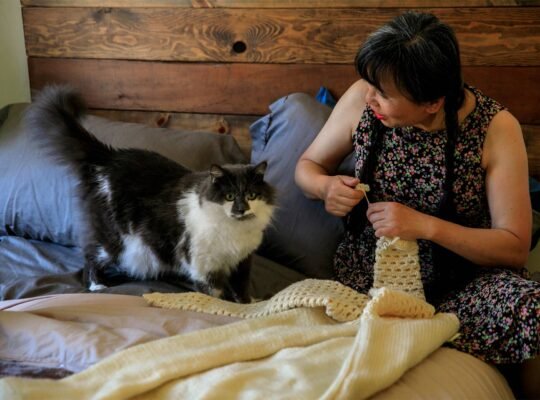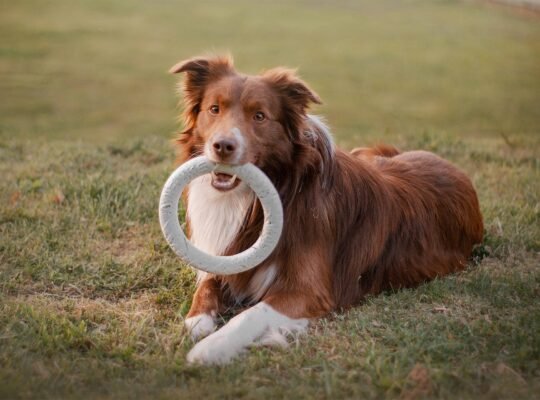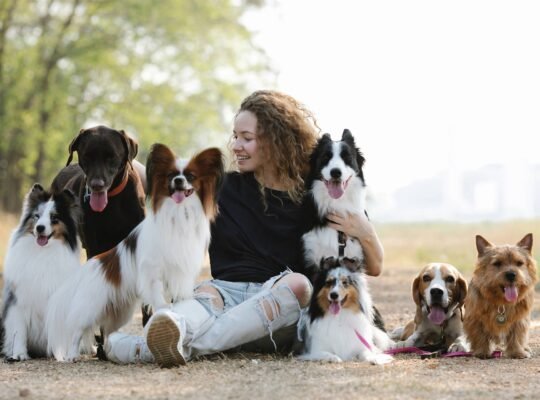The Complete Guide to Dog Care: From Puppyhood to Senior Years
Excerpt: Embark on a journey of comprehensive dog care, encompassing every stage of your furry friend’s life. From the excitement of puppyhood to the golden years of senior dogs, this guide provides expert advice on nutrition, grooming, exercise, training, and healthcare. Learn how to provide the best care for your canine companion, ensuring a lifetime of health, happiness, and companionship.
Introduction
Welcoming a dog into your life is an incredible experience, but it comes with great responsibility. Proper dog care is crucial to ensure their overall well-being and longevity. From the early days of puppyhood to the later stages of their senior years, each stage requires specific attention and care.
In this complete guide to dog care, we will navigate through the various stages of your dog’s life, offering expert advice and practical tips to help you provide the best possible care. From nutrition and grooming to exercise, training, and healthcare, this guide covers all aspects of dog care, ensuring a fulfilling and joyful life for your furry companion.
Puppyhood: Building a Foundation for a Lifetime
- Nutrition:
- Provide a balanced diet with high-quality puppy food that meets their specific nutritional needs for growth and development.
- Establish a regular feeding schedule and monitor portion sizes to prevent overfeeding or obesity.
- Training and Socialization:
- Start early with basic obedience training and socialization to lay a foundation for good behavior and a well-adjusted adult dog.
- Introduce your puppy to various environments, people, and other animals in a positive and controlled manner.
- Healthcare:
- Schedule regular veterinary check-ups to monitor your puppy’s health, vaccinations, and preventive care, such as deworming and flea/tick control.
- Begin a dental care routine and get your puppy accustomed to grooming procedures like nail trimming and teeth brushing.
Adolescence and Adulthood: Nurturing a Healthy Adult Dog
- Nutrition:
- Transition to a balanced adult dog diet that meets their specific nutritional requirements.
- Monitor their weight and adjust portion sizes accordingly to maintain a healthy body condition.
- Exercise and Mental Stimulation:
- Engage your dog in regular exercise, including walks, playtime, and interactive toys, to keep them physically fit and mentally stimulated.
- Provide mental enrichment activities like puzzle toys and training sessions to challenge their minds.
- Training and Behavioral Reinforcement:
- Continue training sessions to reinforce good behavior and address any behavioral issues that may arise.
- Maintain consistency, positive reinforcement, and patience in your training approach.
Senior Years: Special Care for Aging Dogs
- Nutrition:
- Transition to a senior dog diet formulated to meet their changing nutritional needs, including joint support and fewer calories.
- Monitor their weight and adjust their diet as necessary to prevent obesity or weight loss.
- Exercise and Joint Health:
- Adjust exercise routines to accommodate their energy levels and any mobility issues. Shorter, gentle walks or swimming can help maintain joint health.
- Provide orthopedic bedding and consider joint supplements to support their aging joints.
- Healthcare and Regular Check-ups:
- Schedule more frequent veterinary check-ups to monitor their overall health, address age-related conditions, and adjust medications if necessary.
- Stay vigilant for signs of discomfort, cognitive decline, or changes in behavior and report them to your veterinarian.
Frequently Asked Questions (FAQs)
Q: How often should I groom my dog?
A: Grooming needs vary depending on the breed and coat type. Regular brushing, nail trimming, ear cleaning, and occasional baths are essential for most dogs. Consult your veterinarian or a professional groomer for specific recommendations.
Q: How much exercise does my dog need?
A: Exercise requirements vary based on the breed, age, and health of your dog. On average, dogs need at least 30 minutes to 1 hour of exercise daily. However, some breeds may require more vigorous exercise or specific activities.
Q: When should I switch to senior dog food?
A: The timing varies depending on the size and breed of your dog. Generally, small breeds may transition around 7-9 years old, while larger breeds may switch between 5-7 years old. Consult with your veterinarian for personalized advice.
Q: How can I help my senior dog with arthritis or joint issues?
A: Provide a comfortable environment with orthopedic bedding, consider joint supplements recommended by your veterinarian, and adjust exercise routines to low-impact activities. Discuss pain management options with your vet if necessary.
Nurturing a Lifetime of Love and Companionship
In conclusion, proper dog care is a lifelong commitment that evolves as your canine companion grows. By following the guidelines outlined in this comprehensive guide, you can provide the best possible care for your dog from puppyhood through their senior years.
Remember, every dog is unique, and individual needs may vary. Stay attuned to their well-being, seek regular veterinary care, and provide plenty of love, attention, and enrichment. With your dedication and care, you can ensure a lifetime of health, happiness, and cherished moments with your beloved four-legged friend.


